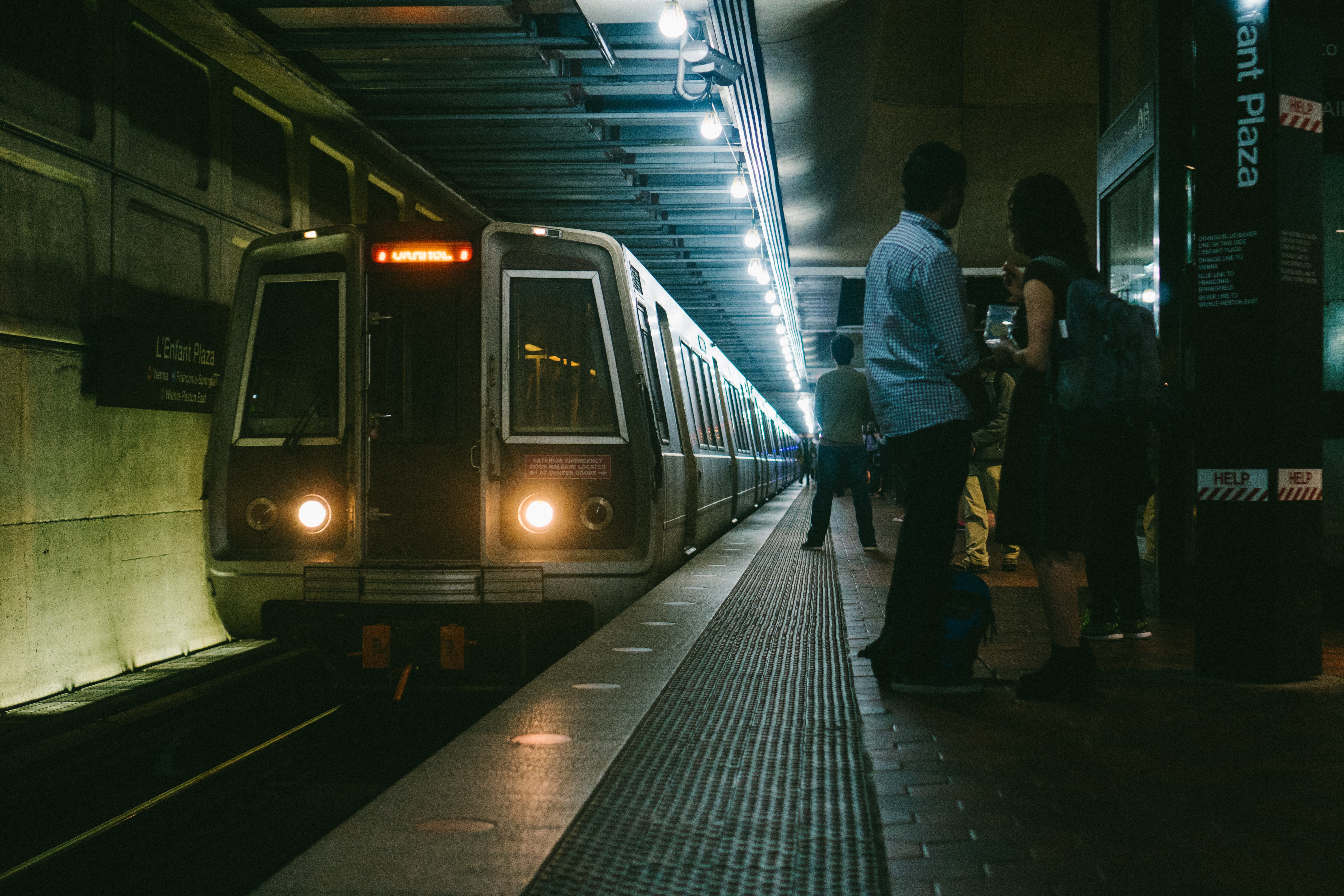San Francisco-based world’s largest mobility company, Uber on Tuesday set the ball rolling for its foray into India’s capital city New Delhi with its public transport service that will allow consumers to access real-time information about bus and metro routes, with end-to-end directions, that will also include the fastest and cheapest routes.
New Delhi is the ninth city globally, and the first in Asia to have Uber’s public transport feature embedded in its main app.
The announcement was made public on Tuesday, after Uber won a government-initiated bid to offer its mobility services across 210 Delhi Metro Rail Corporation (DMRC) stations that spans throughout the National Capital Region (NCR) including Delhi, Gurgaon, Faridabad, Ballabhgarh, Noida, and Ghaziabad. Currently, Delhi’s metro network is spread over 377 kilometres dotted with 274 stations.
“We want to be the operating system of your everyday life,” Dara Khosrowshahi, Uber’s chief executive officer who was in Delhi told reporters at a press conference.
Early 2019 was when Uber Transit Journey Planning began to be deployed world-wide. Till date, it has been integrated into the public transport services of nine cities, globally. It’s operational in Denver, Boston, Chicago, Washington DC, and San Francisco in the United States; in London and Paris in Europe; and Sydney and Delhi in Asia-Pacific.
“With the launch of the public transport feature; live transit information about the city’s heartlines, the Delhi Metro and the DTC (Delhi Transport Corporation), will now be available on the Uber App, helping us fulfil some of the important responsibilities that come with being a good partner to this great global city,” Pradeep Parameswaran, president, Uber India and South Asia, told media.
Along with the real-time schedule of public transport, the new feature will be able to tell users the departure time for Metro trains and buses, and also walking directions between nearby Metro stations, and bus stops as part of detailed last mile connectivity. Uber has convenient pick-up points and kiosks across 210 metro stations. In a reverse integration, Delhi Metro passengers can use the Uber app to get passes for their train journey.
It is significant to note that Uber has shut shop in many markets outside the US, like China, Russia, and Southeast Asia.
“India is a fundamental part of Uber’s growth going forward. It is a very important market for us, a top-10 market for us. We will continue to invest here…Profitability metrics across our business here are improving,” said Khosrowshahi.
Uber knows it is in for a long stint in India and it will have to battle the competition daily, especially with it arch-rival Ola, in one of the world’s fastest growing internet and consumer markets.
